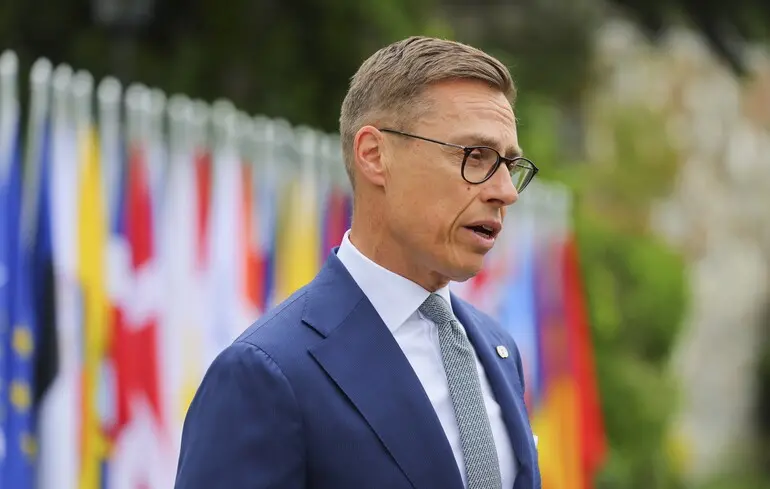Lack of Meeting Between Putin and Zelensky May Lead to New Diplomatic and Political Consequences for Kremlin and West

Finnish President Sauli Niinistö expressed skepticism about the likelihood of a scheduled meeting between Russian and Ukrainian leaders, potentially worsening the diplomatic situation surrounding the conflict.
According to him, the enthusiasm for negotiations between Vladimir Putin and Volodymyr Zelensky has diminished significantly, making such a meeting increasingly unlikely.
This development could trigger escalation from the United States, including the imposition of new sanctions on Russia.Niinistö highlighted that the main obstacle to holding negotiations is Putin’s fear of international rejection and losing the status of a superpower.
He emphasized that Russia is trying to avoid a situation where its efforts to strengthen influence in the region and globally become futile due to weakness or isolation.Moreover, the Finnish leader pointed out that the Kremlin is attempting to delay diplomatic contacts and feign readiness to negotiate, while lowering the level of compromises through statements by its representatives.
This tactic, according to Niinistö, is typical of Russia’s diplomatic dilatory strategies and aims to create an illusion of activity where there is none.The primary concern now is that the meeting between Putin and Zelensky might not happen due to political risks and Russia’s internal interests.
Niinistö stressed that Putin seeks to strengthen Russia’s regional standing and avoid any steps that could undermine its influence, especially through increased Western support for Ukraine.
This indicates that Putin is unwilling to permit Ukraine to gain wider international backing and will continue to employ delaying tactics.Since the conflict began, Niinistö notes, Russia has actively used a diplomatic stall strategy, which allows it to buy time for resource mobilization and consolidating its positions.
Meanwhile, talks about possible negotiations are either delayed or manipulated to serve Russia’s strategic goals.
Therefore, Europe and the United States must consider this tactic seriously and be prepared for new challenges and sanctions if the aggression persists.The worst-case scenario for Russia involves increasing isolation and pressure from the West, including additional sanctions and diplomatic marginalization.
Any delays in organizing negotiations are likely part of Moscow’s strategy to preserve influence and avoid further crises.
This geopolitical situation underscores the complexity of the diplomatic process and highlights the need for constant monitoring of signals from both sides of the conflict.

